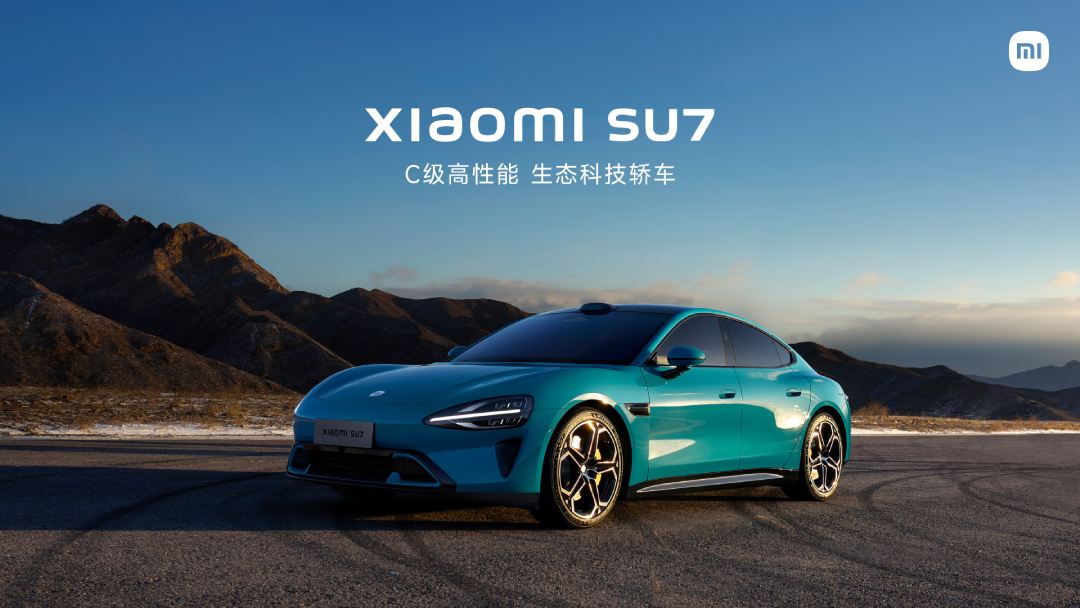Xiaomi Makes Big Bet on Premium Electric Car Market
The company, known for its affordable smartphones and smart home devices, surprised many by unveiling its first EV, the SU7, at the Mobile World Congress in Barcelona.
Chinese tech giant Xiaomi is entering the fiercely competitive electric vehicle (EV) market with a bold strategy, targeting premium users and aiming to become a major player in the coming years.
The company, known for its affordable smartphones and smart home devices, surprised many by unveiling its first EV, the SU7, at the Mobile World Congress in Barcelona. While the specific price hasn’t been announced yet, Xiaomi president Weibing Lu confirmed it will be aimed at the premium segment, targeting a niche of 20 million high-end smartphone users in China.
This decision comes despite Xiaomi’s reputation for budget-friendly products. However, Lu believes their existing customer base offers a strong foundation: “We think it’s a good starting point for us in the premium segment because we already have 20 million premium users in China based on the smartphone.”
This strategy aligns with Xiaomi’s recent focus on “premiumization” within their smartphone business, which Lu claims has been successful. They also hope to leverage their existing ecosystem, connecting the car with their smartphones and smart home appliances via their operating system.
However, doubts linger about Xiaomi’s ability to compete in the crowded premium EV market. Established players like BYD are already slashing prices, and other tech giants like Huawei are also making strides in the EV space.
Despite the challenges, Xiaomi is committed to building a strong presence in the EV market. They plan to invest heavily in ecosystem development and eventually build their factories to manufacture key components.
“In 10 or 20 years, the electric vehicle market will likely be very similar to that of smartphones today – with the top five brands holding about 70% of the market,” Lu said. “Without huge funds, we don’t think we can be the final players.”
While the initial launch will focus on the Chinese market, Xiaomi has its sights set on international expansion. However, Lu acknowledged that entering overseas markets will likely take two to three years.
Also Read
“Tesla Killer” BYD to Launch Seal EV; Tata Motors Reduces EV Prices

